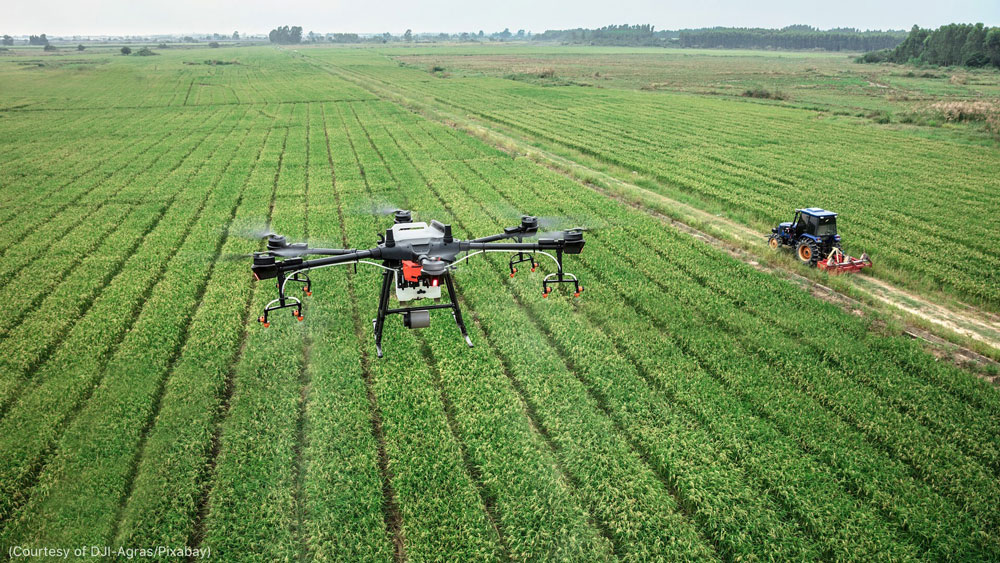What Important Role Did Advanced Farming Technologies Play

In the ever-evolving landscape of agriculture, the integration of advanced farming technologies has become paramount. From precision farming to automated machinery, these innovations have revolutionized the way we cultivate crops and raise livestock. But what exactly is the role of these technologies in modern agriculture, and how do they contribute to the industry's success? Let's delve into the transformative impact of advanced farming technologies.
Enhancing Efficiency: Advanced farming technologies streamline processes, optimizing resource allocation and reducing waste. Precision farming techniques, such as GPS-guided tractors and drones, enable farmers to make data-driven decisions, resulting in more efficient use of fertilizers, pesticides, and water. By maximizing productivity while minimizing input costs, these technologies promote sustainable farming practices.
Improving Yield and Quality: The precise monitoring and management enabled by advanced technologies lead to improved crop yields and quality. Automated irrigation systems ensure that crops receive the optimal amount of water, promoting healthy growth and minimizing water wastage. Similarly, sensor-equipped machinery can detect crop diseases and nutrient deficiencies early, allowing for timely intervention and higher yields.
Empowering Farmers: Beyond operational enhancements, advanced farming technologies empower farmers with valuable insights and tools. Data analytics platforms provide actionable intelligence, enabling farmers to analyze trends, predict market demands, and optimize production strategies. Additionally, connectivity solutions facilitate remote monitoring and control, giving farmers greater flexibility and control over their operations.
Sustainability and Environmental Stewardship: Sustainable agriculture is increasingly important in combating climate change and preserving natural resources. Advanced farming technologies play a pivotal role in promoting sustainability by minimizing environmental impact. Precision application of inputs reduces chemical runoff and greenhouse gas emissions, while soil sensors help prevent soil erosion and degradation. By prioritizing environmental stewardship, farmers can ensure the long-term viability of their operations.
Conclusion: In conclusion, advanced farming technologies are indispensable tools for modern agriculture, playing a multifaceted role in enhancing efficiency, improving yield and quality, empowering farmers, and promoting sustainability. As we continue to confront global challenges such as population growth and climate change, the adoption of these technologies will be essential for driving innovation and ensuring food security. By embracing the potential of advanced farming technologies, we can cultivate a brighter and more sustainable future for generations to come.




